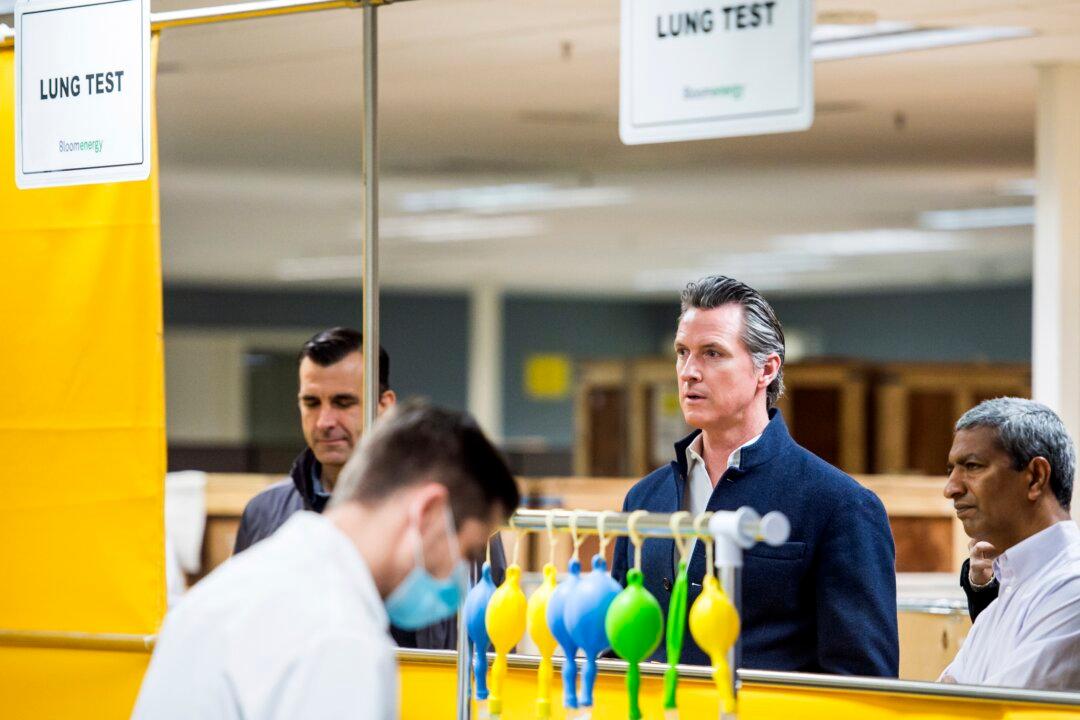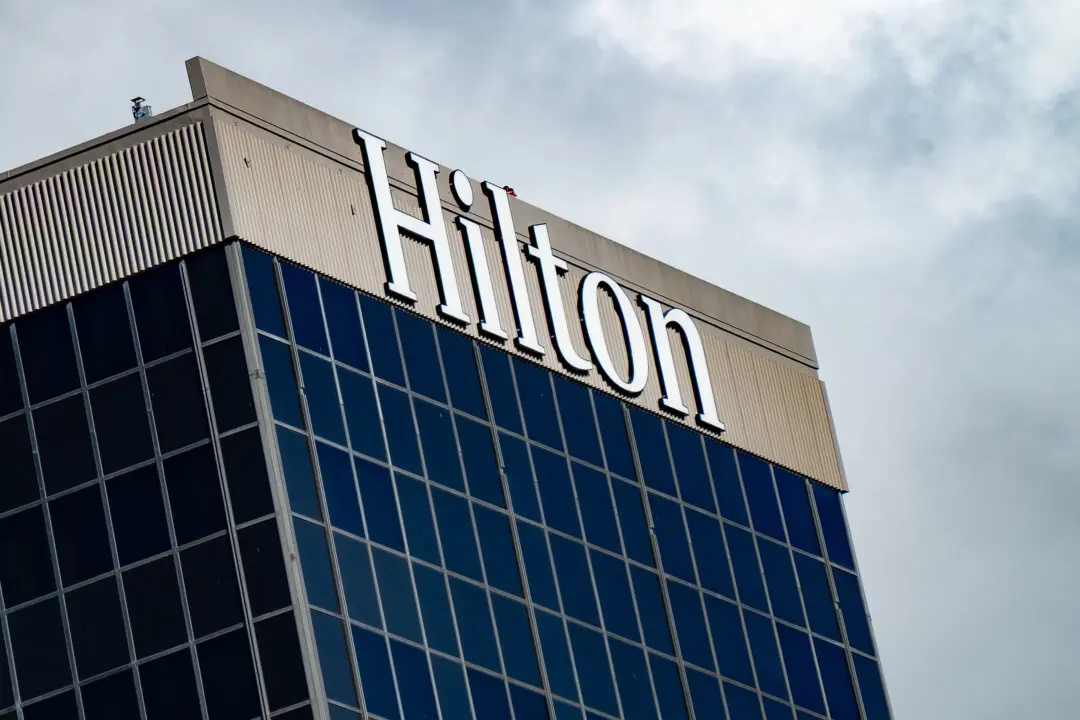California Gov. Gavin Newsom’s $1 billion deal with a Chinese company to produce protective masks during the height of the COVID-19 pandemic has soured, as the masks failed to meet national safety and health standards.
The deal has been a source of controversy and confusion among legislators since Newsom announced it on April 7, without sharing details of the contract to state lawmakers.





